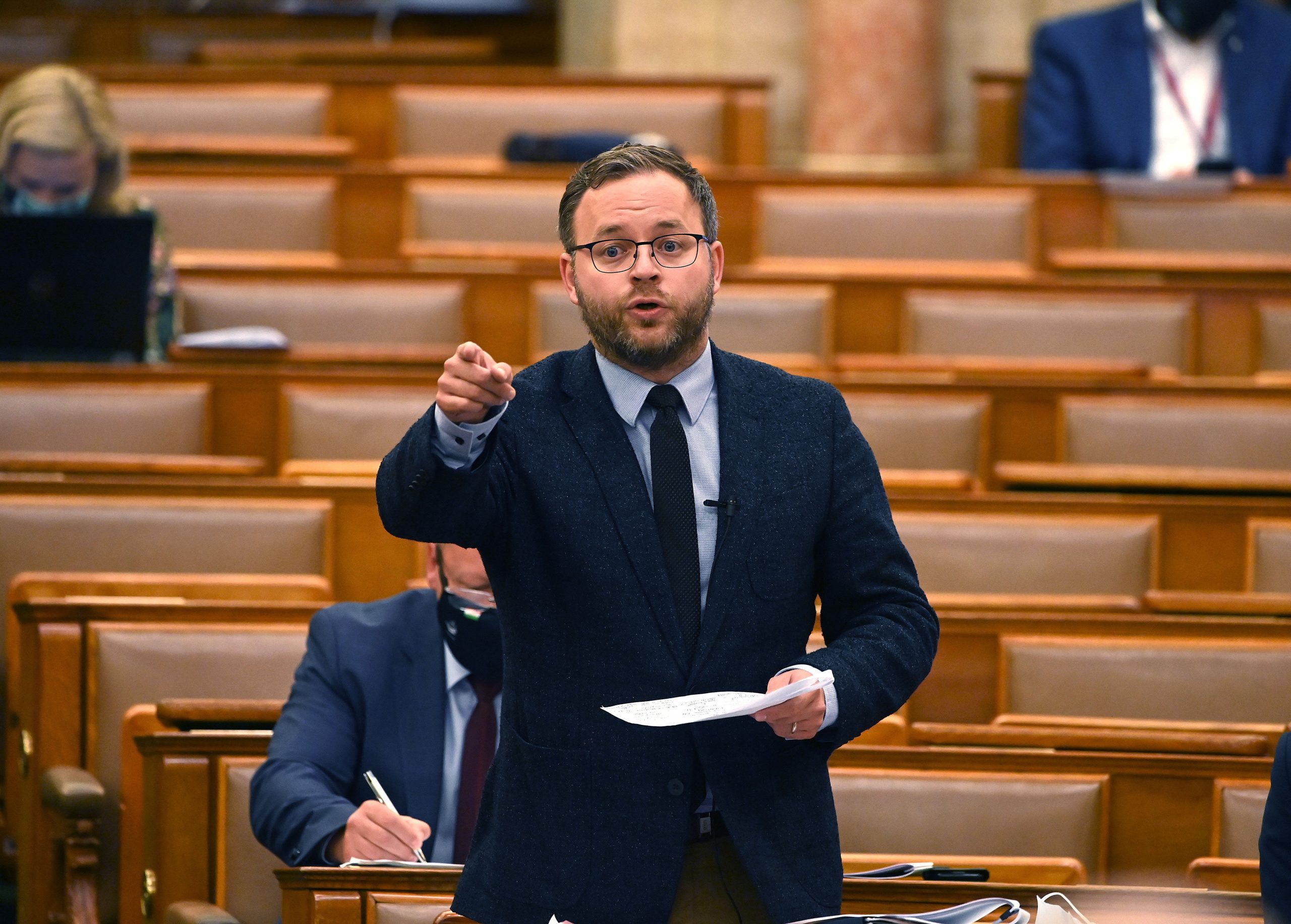
After the Fidesz-led government moved to ban any unnamed donations for civil organizations, it apparently toned down its original version of the ruling. As of now, only donations over HUF 500 thousand (EUR 1,420) have to be made public, with the government arguing for more transparency. The softening is perhaps not independent from the criticism which the decree has once again ignited.
In the original decree, which was issued last Wednesday and entered into force last Thursday, the government practically made it impossible to make unnamed donations to civil organizations. The legislation obliged civil organizations and associations to indicate the source (both in case of a corporate and an individual donors) and the amount of funding, and to provide the list for the government.
A second step after revoked NGO Law
This new move is basically the second (and definitely a restricting) step, following the introduction and consequences of the so-called NGO Law introduced in 2017. As we reported, following an EU Court ruling and an infringement procedure, in May the Fidesz-led government eventually revoked the law (a.k.a. “Lex Soros”) it had brought against foreign-funded NGOs. NGOs were required to declare that they were considered organizations funded from abroad on their websites and in all of their press materials once their foreign donations reached HUF 7.2 million (EUR 20,500 today). In addition, the legislation also ordered them to publicize the personal data of their foreign donors if their individual annual donations exceeded HUF 500,000.
The government didn’t let go of the greater control, however, and it ruled the State Audit Office (ÁSZ, led by a former Fidesz politician) instead to be in charge of reporting on virtually all large organizations (above a budget of HUF 20 million- EUR 57,000), something that further concerned the civil organizations in question.
Related article
Government Revokes Controversial NGO Law
Following an EU Court ruling and the Commission’s infringement procedure, the Fidesz-led government eventually backed off, revoking the law it had brought against foreign-funded NGOs back in 2017. However, from now on the State Audit Office (ÁSZ) will be in charge of reporting on virtually all large organizations, something that further concerns the civil organizations […]Continue reading
A loud criticism after the original version
The move has drawn debates and government-bound criticism once again with those who oppose it ranging from political parties to media outlets.
On Friday, Párbeszéd announced that they had turned to the European Commission with a complaint regarding the decree. According to the left-liberal opposition party’s lawmaker, Fidesz had “returned to Putin’s methods” with the vision of retaining and cementing its power. Olivio Kocsis-Cake accused Fidesz of fomenting an atmosphere of fear as regards anyone who supports NGOs critical of the government. He also claimed that the decree was “illegal” since it contravened data protection rules and had no legitimate purpose. It also entails a massive amount of red tape for NGOs, he added.
Investigative site Átlátszó, meanwhile, promised that it wouldn’t make public any of its low-profile supporters’ names under any circumstance and that they will turn to the Constitutional Court (AB). The site’s editor-in-chief emphasized that they, however, have been making public the identities of major sponsors anyway, such as that of the Open Society Foundation, linked to George Soros.
Fact
In Hungary, pro-government outlets can count on Fidesz-led government-controlled state advertisements generating a big deal of income for them, unlike many of the government-critical papers and sites, many of whom, therefore, are dependent on donations.
Transparency International argued that although the bill is officially aimed at providing more transparency, the true goal is to be looked for elsewhere. According to TI’s leader, the ruling come as a big blow for those NGOs that don’t have access to large amounts of domestic or government-provided resources, as government-critical actors in the civil sector are increasingly dependent on individual and corporate donations. “It is certain that this will have a dampening effect on the willingness to donate,” Miklós Ligeti argued. The Hungarian Civil Liberties Union (TASZ) also commented that it wasn’t legislation but rather politicization through laws, the aim of which isn’t to provide transparency but to frighten away donating citizens.
Government to soften the original ruling?
Perhaps not independently from criticism and opposition, the government appears to have water down the original ruling, although as of now, this can only be read out from a Facebook post. According to the PMO Head’s Deputy Minister’s announcement made through his social media channel on Saturday, only the donors of amounts exceeding HUF 500 thousand (EUR 1,420) will have to report and make their donations public.
Balázs Orbán also clarified the government’s reasons, explaining that one of Hungary’s priorities is to increase the transparency of the operation of all organizations. He also revealed that political reasons played a part too, perhaps, saying that organizations with significant financial resources can have a meaningful impact on public life, thus increasing the transparency of financial support provided to them is of public interest. Such an intention was also confirmed by the European Court of Justice during its examination of the aforementioned NGO Law, the state secretary added.
As a matter of fact, the aired modification would make conditions somewhat identical to the ones party foundations (who are not mentioned and affected in the original, stricter version) are undergoing.
featured image: Deputy Minister Balázs Orbán in the Parliament; via Noémi Bruzák/MTI

